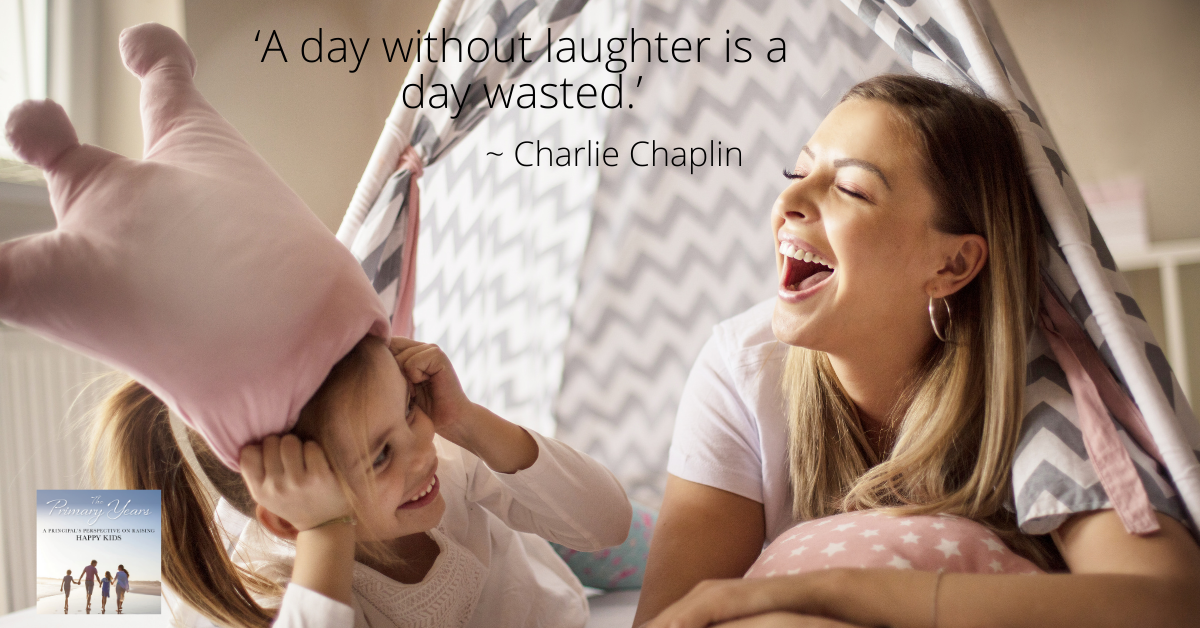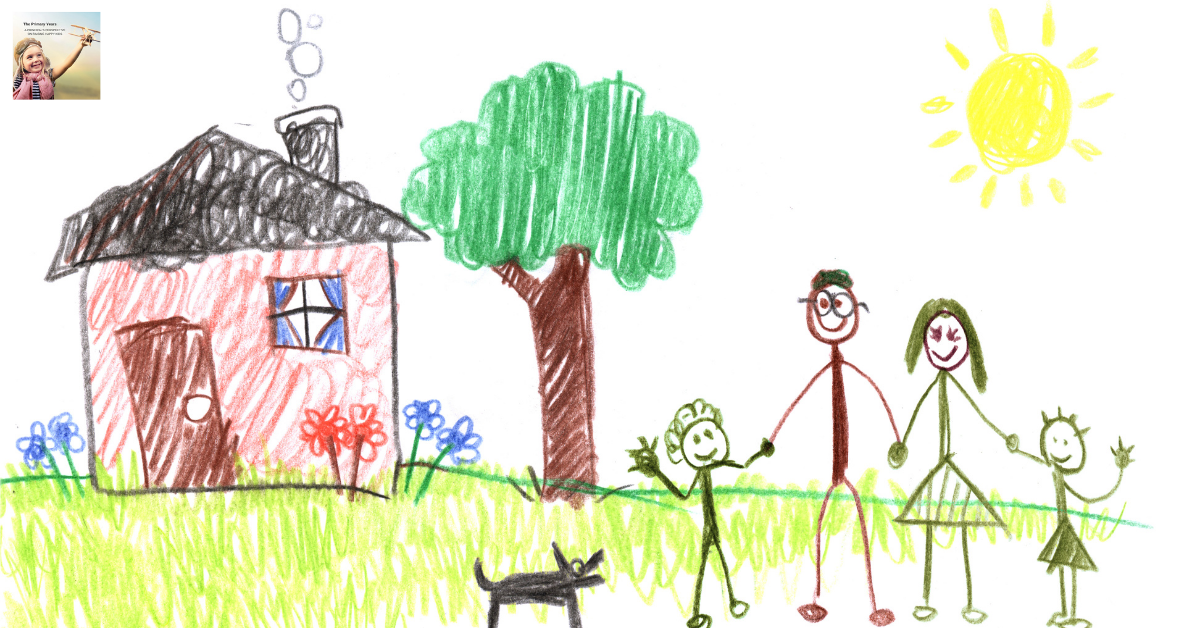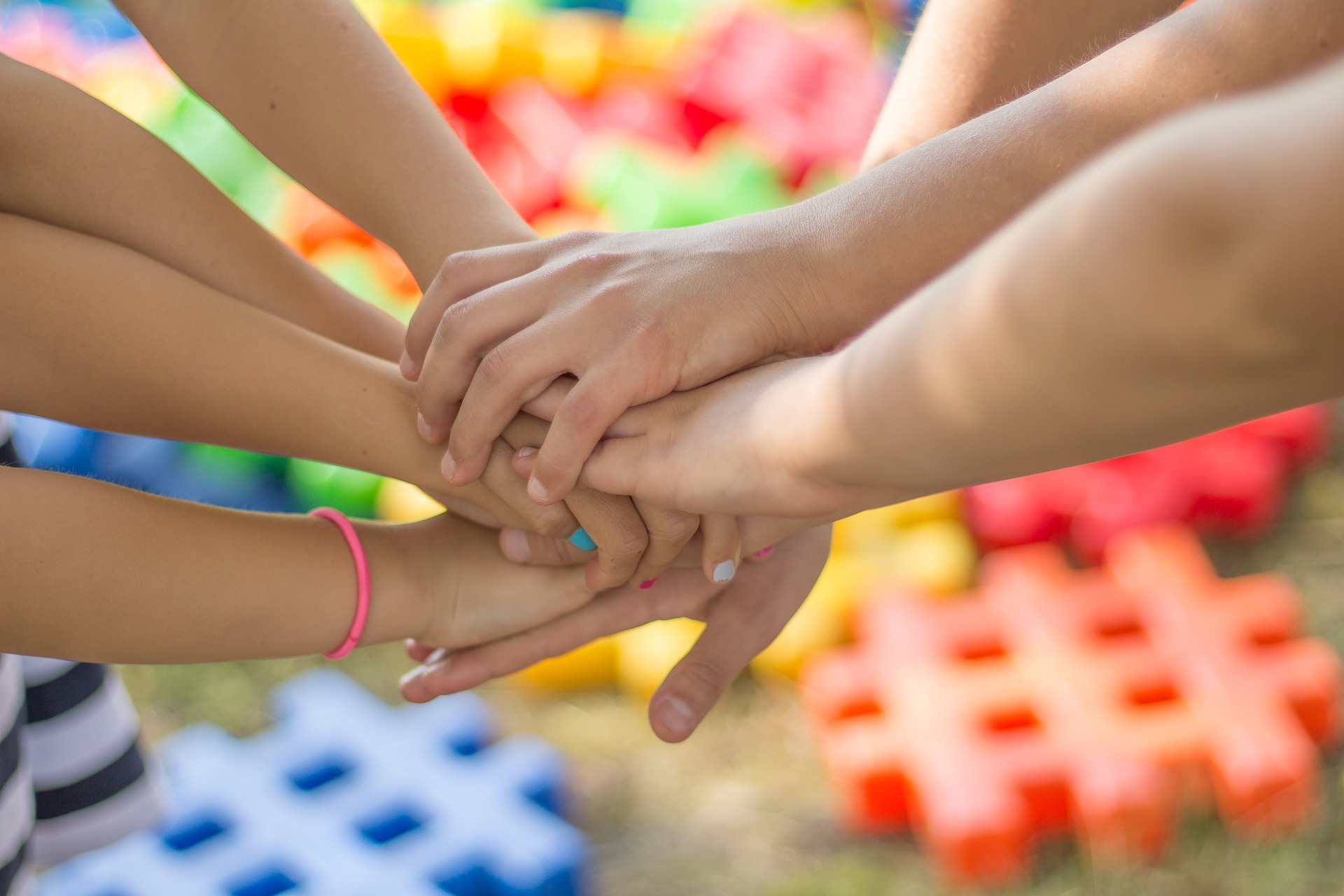As parents we work hard to give our children fulfilling experiences. However, I challenge you to go outside the norm and give everyone in the family an exceptional and challenging experience. This is the stuff that makes for future stories and great memories when you take yourself out of the ordinary and into the unknown. For example, how about an adventurous and challenging hike?
If you are a family that has a focus on one sport activity, put it aside for a while and do something quite different.
I always remember the reaction when I put to the school parents that we would take our seniors to Canberra for the first time. The anticipation, the anxiety of some parents was high, but what an adventure we all had. I can honestly say I don’t remember much of other school camps over the years. However, this took us well out of our comfort zones. I know that the children still have fond memories including staff and that was several years ago.
Consider the adventure and challenge in your plan. There is often a much greater need to depend on each other in more demanding circumstances and this leads to stronger bonds between family members.
Why not simply talk about it as a family and together plan something that will literally present some challenges, create new experiences and bring you all into new territory together.
As a family when our children were teenagers, we charted a yacht and sailed around Tahiti. This was a little scary but it still is a source of much conversation and enjoyment when reliving the occasion.
In order to strengthen bonds in family, it is worthwhile considering some new experience that requires developing new skills. Plan it together. The more the children are involved in the organising, the better for all. It can even raise anxiety a little but ultimately it is a shared experience unique to you as a family.



